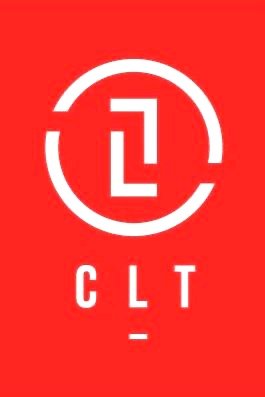If you have been following CLT’s recent blogs, you will see that we are on a crusade to end FAKE SCRUM. Here is a our next example:
Are You Resistant to Change?
Are you resistant to change? One of the reasons people attend Collaborative Leadership Team’s courses is to learn a different way of working. Many, however, spend the duration of the course trying to figure out how to make Agile and Scrum into exactly what they are doing currently. Angela Johnson, Certified Scrum Trainer and Agile Coach shares information she recently learned about why change is so hard.
Fake Scrum: Half the Work in Twice the Time for Twice the Price
Practicing Scrum
Doctors and Lawyers often refer to what they do as Practicing Medicine or Practicing Law. This represents the fact that despite their years of training and experience they will still be confronted with new and unique challenges that they couldn’t have prepared in advance to deal with. Scrum and Agile professionals are dealing with a similar situation. Scrum and Agile talk about suggested courses of action but the exact combination of actions is often a judgement call based on experience and context. Scrum Training talks about a set number of ceremonies, roles, etc. but the exact way to put those elements together is left to the unique situation.
Working Agreements Video
In Certified ScrumMaster courses a common concern of new Scrum Masters is how to be a more effective coach and help their teams improve. One thing any Scrum Master can do to immediately add value and help the team that they are serving is to facilitate the creation of Working Agreements. Maybe you’ve referred to these as Team Norms, Core Values or Rules of Engagement but for our purposes I’m going to refer to them as Working Agreements. Why are these important for a Scrum team? Without working agreements, it’s really just a collection of people and not really a team. An effective Scrum Master, as active facilitator, can certainly help the Development Team and Product Owner create these agreements.


